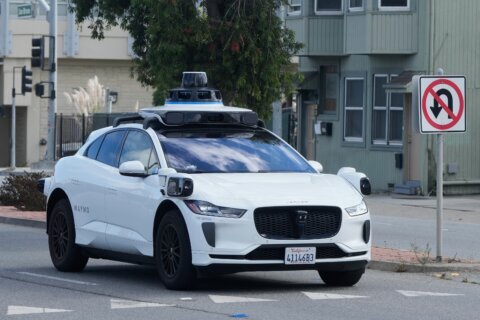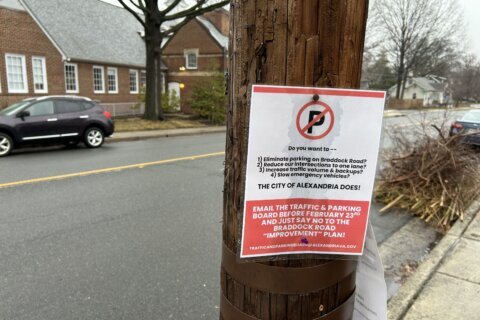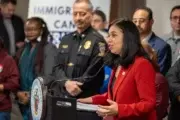This article was reprinted with permission from Virginia Mercury.
The U.S. Department of Transportation awarded the city of Virginia Beach a $14.9 million federal grant on Wednesday, marking the single largest grant to a Virginia’s locality from the Safe Streets and Roads for All program established by the Bipartisan Infrastructure Law.
The funding will support the Virginia Beach Trail, a 12-mile long east-west corridor for walkers and bikers that will stretch the length of the city from its western edge to the Oceanfront.
Currently, pedestrians and cyclists traveling along the corridor must walk or ride in heavily trafficked roadways or on narrow sidewalks. The trail project will instead provide a paved, shared-use path for safer non-car transit.
The trail is also the final segment of a regional trail system that will connect Richmond to the Virginia Beach Oceanfront.
“The city appreciates the support for public safety improvements in our community and acknowledges the significance of the Virginia Beach Trail project,” said city spokeswoman Tiffany Russell.
Virginia Beach has already constructed 1.5 miles of the trail. The federal funding will help pay for construction of 3 miles of pedestrian and bicycle trails completely separated from vehicles, including an elevated bridge over Independence Boulevard, which is expected to cost $19.5 million.
The trail project has been part of the city’s transportation plan since 1981.
More than a dozen localities across Virginia have received grants from the Safe Streets program totaling $36.4 million. The program, which is scheduled to end in 2026, has awarded $1.7 billion nationwide since its creation.
“It’s critical that our transportation networks have the infrastructure needed to keep Virginians safe while they walk, bike, and drive,” said U.S. Sens. Mark Warner and Tim Kaine in a joint statement. “We’re glad this funding made possible by the Bipartisan Infrastructure Law we passed will be used to make safety improvements along the Virginia Beach Trail and help prevent serious injuries and deaths at intersections in Richmond.”
The cities of Richmond and Fairfax will also receive $10.7 and $1.6 million grants, respectively.
According to program records, Richmond plans to use its funding to install safety improvements along 13 corridors. Those will include flashing yellow arrows, LED street lights, red light enforcement cameras, pedestrian hybrid beacons, updates to make transit stops accessible to people with disabilities, and permanent bicycle lane separation.
“Traffic calming remains one of my administration’s top priorities,” said Richmond Mayor Levar Stoney in a statement. “Whether you are riding on our newly paved biking paths or driving through our neighborhoods, it is critical we have the necessary safeguards in place to protect Richmonders.”
Fairfax will update the transportation portion of its comprehensive plan and develop a countywide plan for prioritizing “safety, comfort and access for all to all destinations.”
A “Slow Streets” pilot project that will include improvements to street safety will be conducted near the Springfield Plaza shopping mall.







